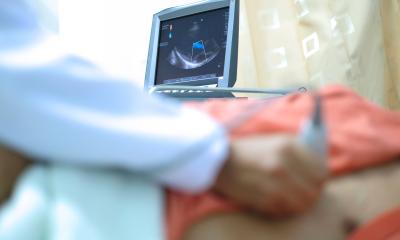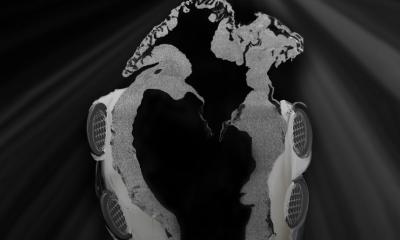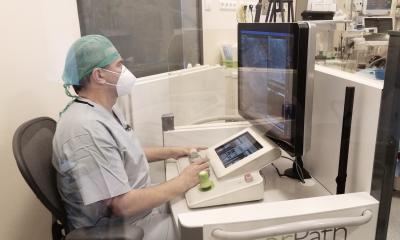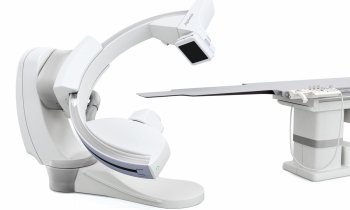Video • Interventional cardiology
First robotic coronary angioplasties in Germany
Robocath, a company that designs, develops and commercializes cardiovascular robotic systems for the treatment of vascular diseases, announces it has successfully completed its first robotic coronary angioplasties with R-One in Germany.
The Percutaneous Coronary Interventions (PCI) were performed by Pr Michael Haude, a recognized and highly experienced interventional cardiologist at Rheinland Klinikum Neuss Lukaskrankenhaus, and his team. Pr Michael Haude, Director of Medical Clinic I at Rheinland Klinikum Neuss Lukaskrankenhaus, said, “I’m proud to be the first user of this brand new European robotic solution for PCI in Germany. These robotic interventions pave the way for a new era in interventional cardiology. The benefits brought by R-One are huge for practitioners and will drastically improve our working conditions, which will consequently benefit patient care. My team and I look forward to integrating this robotic-assisted platform for PCI into our day-to-day clinical practice.”
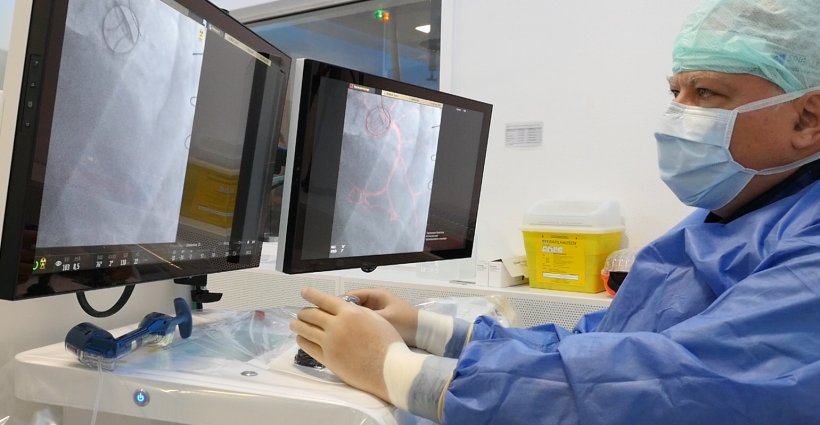
Source: Robocath
There is a momentum for vascular robotics today as it completely addresses the medico-economic challenges of modern healthcare systems
Lucien Goffart
Philippe Bencteux, chairman and founder of Robocath, added, “We are delighted with the success of these procedures and would like to thank Pr Haude’s team for their enthusiasm. Pr Haude has over 30 years’ experience in interventional cardiology and we rely on capitalizing on this kind of experience to develop clinical evidence and demonstrate all the benefits of our solution.”
Lucien Goffart, CEO of Robocath, said, “These first procedures in Germany are in line with our expansion strategy. We are very proud to achieve this important strategic step and to see our first robot used in this key market. There is a momentum for vascular robotics today as it completely addresses the medico-economic challenges of modern healthcare systems. The interest of major industry players is a clear indicator of this; it demonstrates that the penetration of robotics in the medical sector is now irreversible.”
Source: Robocath
21.01.2020



